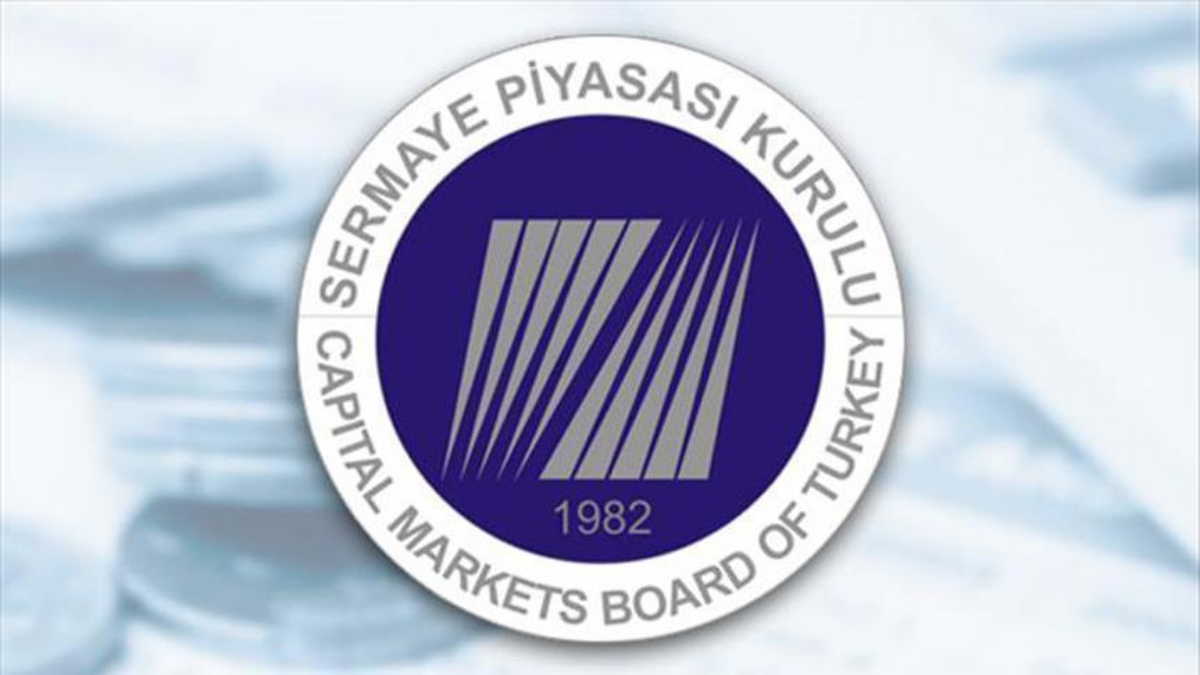The Capital Markets Board of Turkey (SPK) has reached the final stage of implementing secondary regulations for the cryptocurrency market. The new legislation aims to establish a more comprehensive legal framework for cryptocurrencies in Turkey. Draft communiqués prepared by the SPK will soon be published, aiming to create a safer environment within the local cryptocurrency ecosystem.
Capital Adequacy Requirement for Service Providers
According to reports by AA correspondents Deniz Çiçek Palabıyık and Mertkan Oruç, the SPK has prepared drafts regulating the establishment and operations of cryptocurrency service providers. These drafts clearly define the capital adequacy, internal control mechanisms, and risk management processes for these companies.

Additionally, a minimum capital requirement has been introduced for cryptocurrency service providers, along with a risk-based additional capital requirement for sustainable financial structures.
Ban on Leveraged Transactions
The secondary regulations also reshape the trading rules for cryptocurrencies listed on platforms. In this context, it will be prohibited for cryptocurrencies to be subject to leveraged transactions, derivative contracts, or debt transactions.
Moreover, a listing committee will be established to determine which cryptocurrencies will be listed and delisted on the platforms.
New Obligations for Technical Infrastructure
With the new regulations, additional obligations are imposed on the operational and technical infrastructures of cryptocurrency service providers. Companies will be required to integrate user balances with the Central Registry Agency (MKK) for regular reporting. Only companies with an operating license will be able to provide services in the sector.
Finance Minister Mehmet Şimşek stated that these cryptocurrency regulations are detailed and align with international standards. According to Şimşek, “Our risk-based capital regulations are more comprehensive than those of other countries. The regulations will enhance investor safety and effectively combat the financing of crime.”
The new regulations aim to create a safer and more transparent structure within the local cryptocurrency ecosystem. By recording investor transactions, the goal is to increase market efficiency and promote financial diversity.

 Türkçe
Türkçe Español
Español









